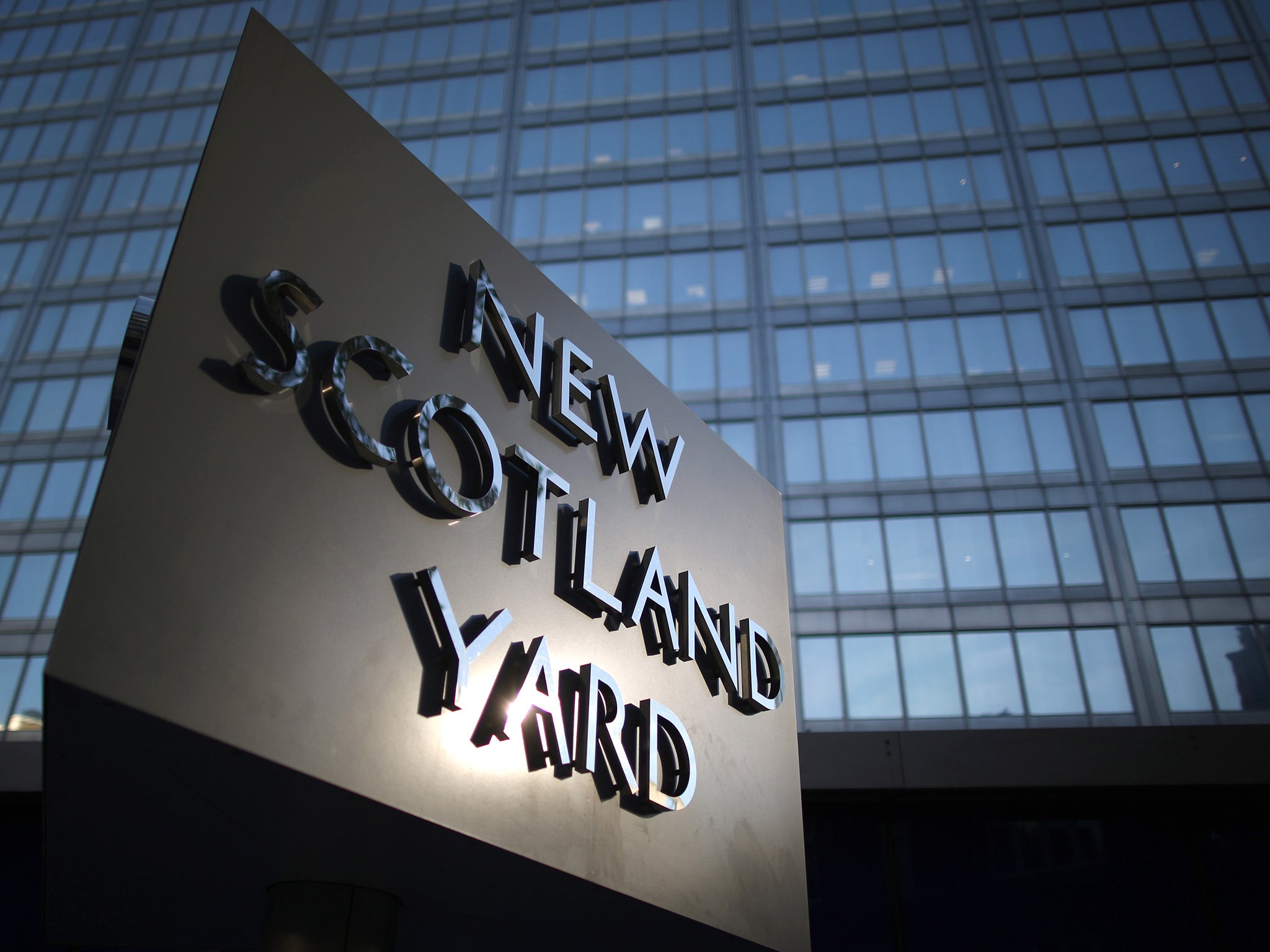Weekend trafficking: Gangs now flying shoplifters into Britain and back on budget airlines
UK-based gang leaders are marshalling groups of up to 20 eastern Europeans
Eastern European victims of people trafficking are being exploited by criminal gangs to carry out weekends of high-end shoplifting before being returned home on block-booked budget airline flights, in a new trend of modern slavery identified by Scotland Yard.
UK-based gang leaders are marshalling groups of up to 20 people brought over from countries such as Poland and Lithuania on cheap flights to target designer shops during trips lasting just a few days, detectives said yesterday.
The gangs accept a 20 per cent arrest rate as the cost of a “weekend trafficking” operation that can secure items worth up to £100,000 that are then taken out of the country for resale. Suspected thieves who have given statements have told police that they have been coerced into carrying out crimes out of fear about what would happen to their families if they refused.
Senior judges have ruled that the culpability of victims of trafficking may be “diminished or extinguished” if they had no realistic alternative to carrying out crimes. But increased publicity about human slavery meant that some criminals were seeking to use the protection given to trafficking victims to avoid prosecution, said acting Det Ch Insp Phil Brewer, the head of anti-trafficking unit at the Metropolitan Police.

“Our stance is they have committed a crime but they are also saying that they have been trafficked so it’s important we investigate the whole package and then make an informed decision,” he said.
Analysis of flight records suggests a conveyor belt of four to five victims being brought over on some flights and kept in a rented house with other victims until they have completed their tasks and sent home again. Detectives found flights were often booked late and with cash to hide the source of the payment.
“We’re having victims coming forward who have been brought to the UK to commit crime: not just begging but phone theft, fraud and shoplifting,” said DS Phil Rashidi.
A report into the scale of human trafficking into Britain earlier this year found that six of the top 10 source countries of trafficking victims were European, with most coming from Romania and Poland. Statistics from Scotland Yard also revealed that more than a quarter of people arrested for criminal offences in the capital were foreign nationals.
The tricky question of whether a person is a criminal or victim follows a number of overturned convictions after the criminal justice system failed to take into account how people had been forced into criminal activity.
Ben Douglas-Jones, a barrister who helped draw up new guidelines on prosecuting human trafficking cases, said police and lawyers were failing to recognise when criminals were victims themselves.
“We are willing to pay for people who should never have been prosecuted to be banged up for 12 months or so – adding insult to injury when they are already the victims of trafficking,” said Mr Douglas-Jones.
A modern slavery Bill is currently going through Parliament. Church officials, charities and police are meeting in London today to examine new ways to deal with trafficking.
